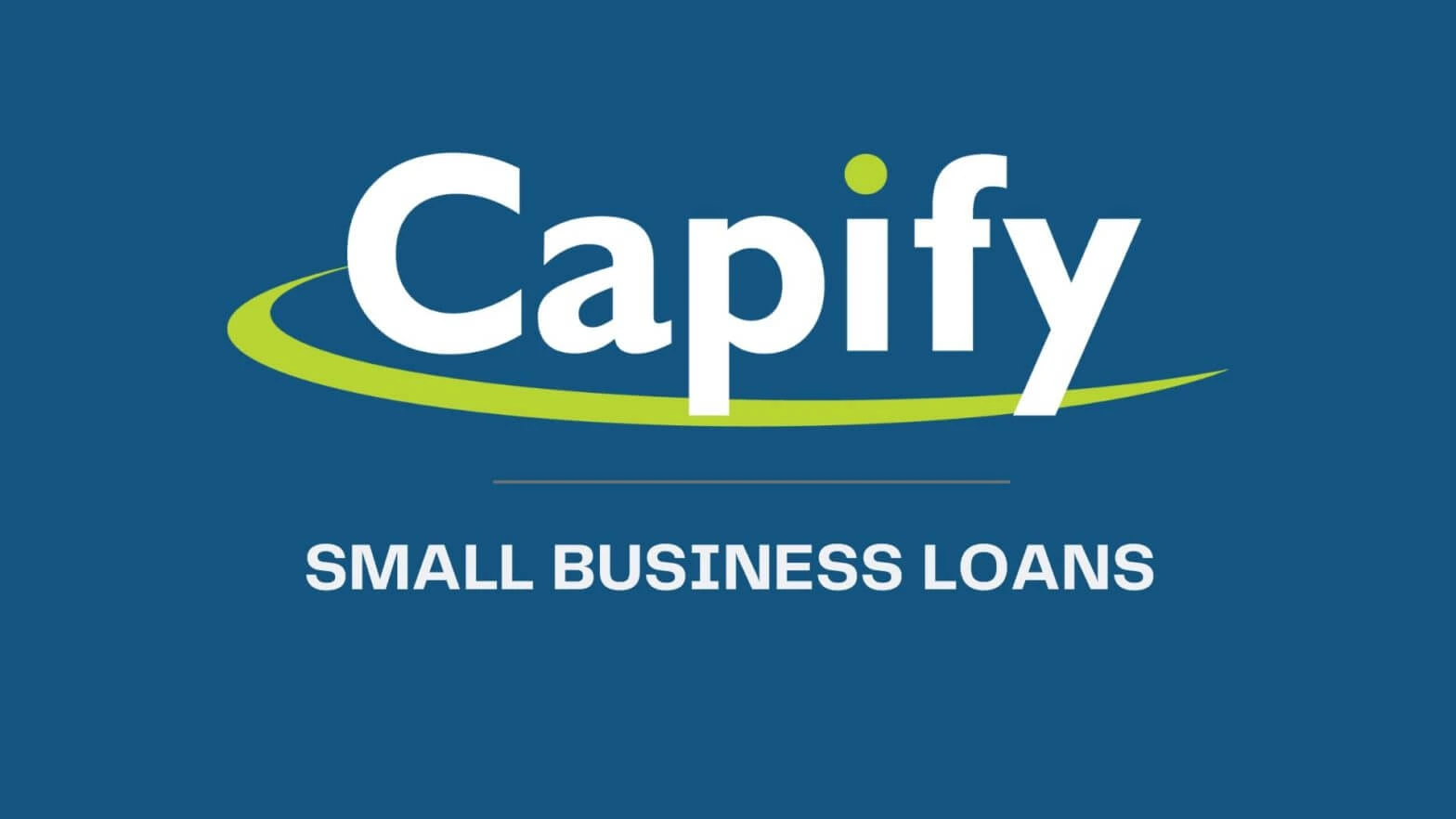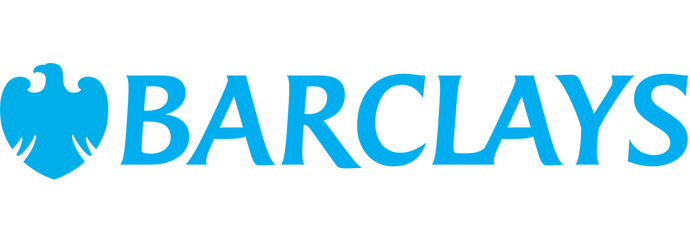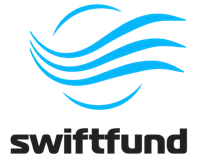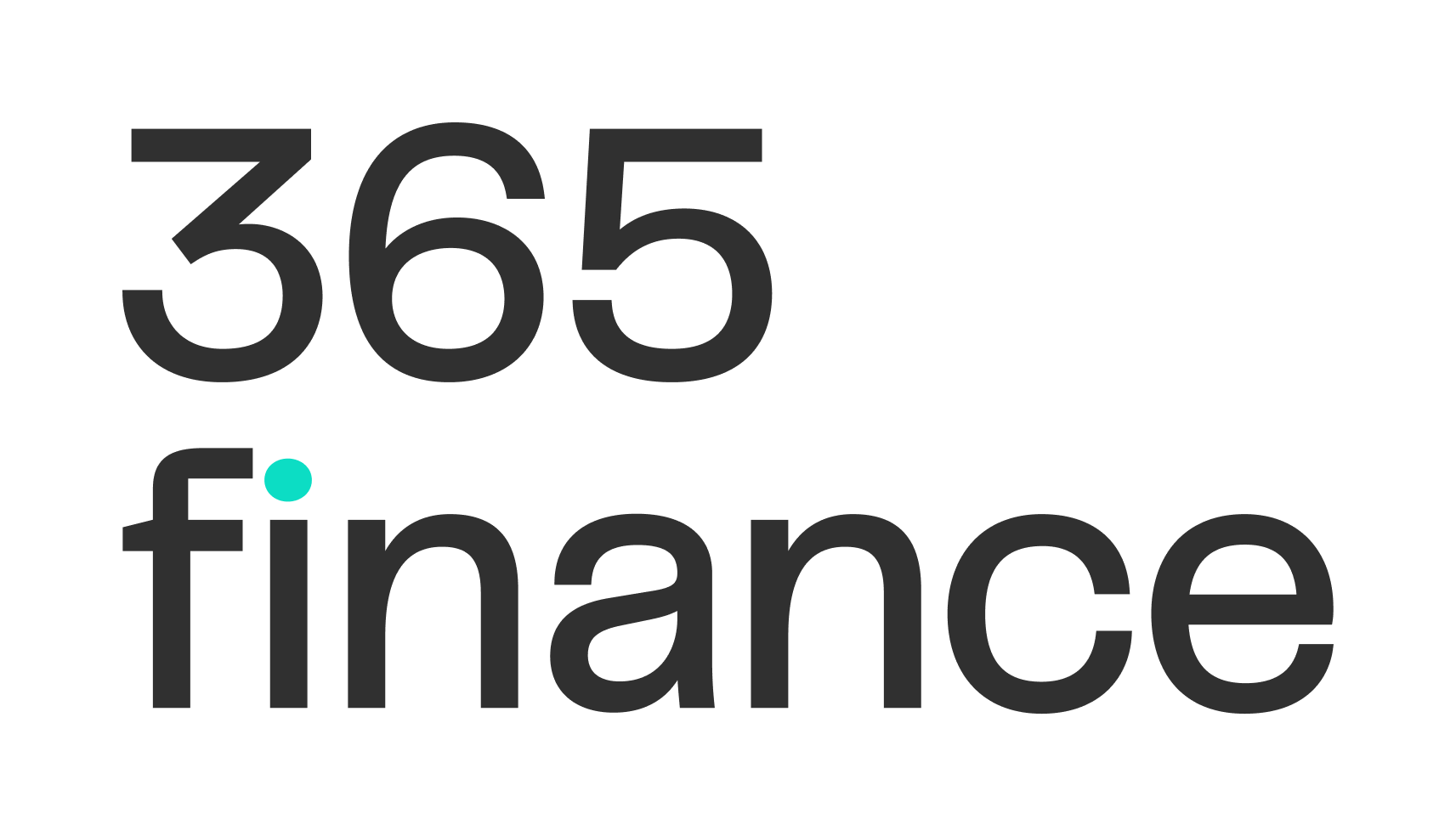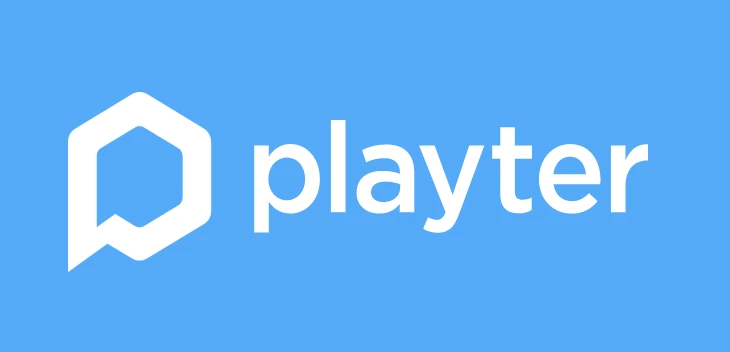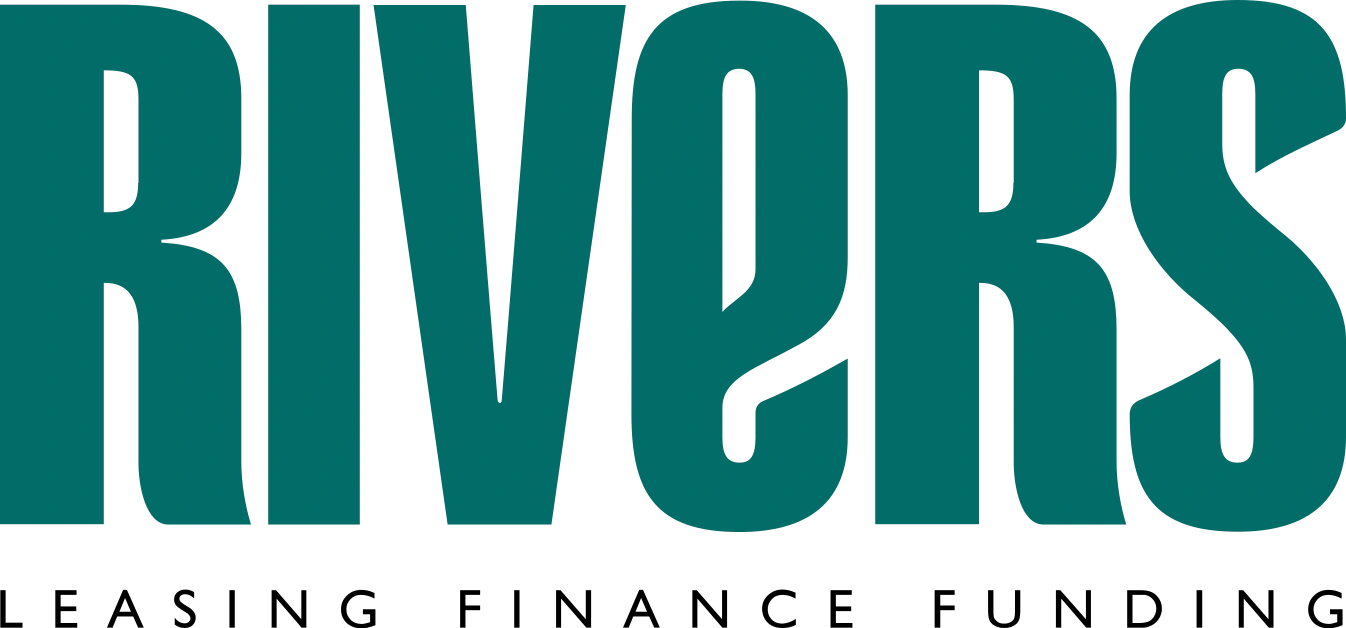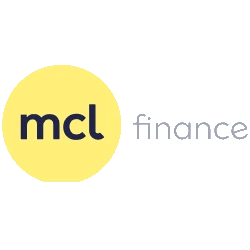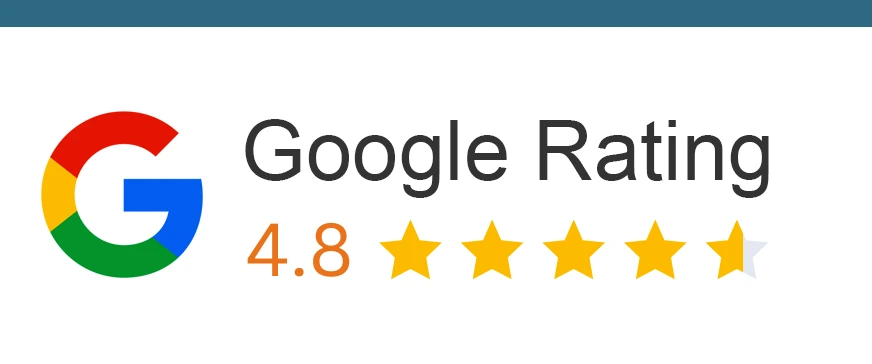Applying for a merchant cash advance is typically a straightforward process. Most UK providers have an online application and quick turnaround. Here’s a step-by-step guide to apply for a merchant cash advance and what you’ll need:
Determine Your Eligibility for a UK Merchant Cash Advance
First, ensure your business meets basic MCA criteria. While exact requirements vary by provider, generally UK MCA eligibility includes:
Minimum trading history: At least 3–6 months in business. Many lenders require a few months of card sales history. Some may prefer 12+ months, but others accept newer businesses if sales are strong.
Card payment volume: A minimum monthly total of card transactions (e.g. £5,000 to £10,000 in card sales per month is a common requirement). The more volume, the larger advance you can qualify for. Having consistent daily card transactions is ideal.
UK-based business with a card terminal or online payment processor: You should be accepting credit/debit card payments via a merchant account, PDQ card machine, EPOS, or online gateway. Providers work with businesses across the UK (England, Scotland, Wales, Northern Ireland), and some may have restrictions on industries they fund (most common industries are retail, hospitality, e-commerce, etc., that have steady card revenue).
Basic financial stability: While credit score isn’t paramount, extreme issues like recent bankruptcies or very poor credit may affect approval. You should also not have serious unresolved tax liens or defaults. That said, requirements are lenient compared to bank loans – a credit score above ~500 and no ongoing insolvency is usually sufficient.
Find and Compare UK Merchant Cash Advance Providers
There are numerous merchant cash advance providers in the UK market, including both direct funders and broker platforms. It’s wise to compare merchant cash advance offers from multiple providers to ensure you get the best terms. Key factors to compare include:
Factor rate / total payback: This is the fee cost. Even a small difference (1.2 vs 1.3 factor) can mean thousands of pounds in cost.
Repayment percentage (holdback): The cut of sales they will take (e.g. 10%, 15%). A smaller percentage means slower repayment but leaves you more daily cash. A larger percentage pays it off faster but can squeeze your cash flow more.
Maximum funding amount: Some lenders might offer more based on your volume than others. Typically, you can get up to around 1x–2x your monthly card sales, but it varies.
Terms and flexibility: Check if there are any fixed fees, setup costs, or early repayment policies (most won’t have an early payoff option, but ensure no extra hidden fees). Also ask if they require a personal guarantee or any security.
Provider reputation: Look at reviews or ask for recommendations. Since the industry isn’t heavily regulated, you want a reputable provider known for transparency and good customer service. Some online research on each provider’s track record can help avoid any predatory players.
Prepare Documentation for Your Merchant Cash Advance Application
The application will require proof of your card sales and some basic business info. Typical documents and information needed include:
Recent credit/debit card processing statements (usually the last 3 to 6 months). These show your daily card revenues and are crucial for the funder’s assessment.
Recent business bank statements (last 3 months) to verify overall deposits and health of finances.
ID and business details: Proof of identity (passport or driver’s license) for the business owner, and business registration details (e.g. Companies House registration or business tax ID).
Possibly latest financial accounts or tax returns if available (though many MCA applications don’t ask for detailed financial statements, focusing more on sales).
An application form or online questionnaire where you provide basic info about your business (industry, time trading, average monthly card sales, the advance amount you seek, etc.).
Submit Your Merchant Cash Advance Application
Complete the provider’s application, attach/upload the required documents or connect your card processing account (some modern fintech lenders can connect directly to your card processor or EPOS system to retrieve sales data, making it even easier). The application is often free and carries no obligation. It’s common to apply to a couple of providers or go through a broker that can return multiple quotes, so you can compare deals.
Approval and Offer from UK Merchant Cash Advance Lenders
Once submitted, lenders will evaluate your application. They primarily look at monthly card revenue, consistency of sales, and the trend (increasing, stable, or declining). Decisions are usually quick – you might get approval in a few hours or within one business day. If approved, you’ll receive an offer detailing the advance amount, the factor rate (total payback amount), and the percentage of sales that will be deducted. For example, an offer might state: “Advance: £50,000; Total repayable: £60,000; Holdback: 12% of card sales.” Review these terms carefully. You are not obligated to accept an offer if it doesn’t meet your needs or seems too expensive.
Review the Merchant Cash Advance Contract
If you decide to proceed, the provider will send a contract. Read the merchant cash advance agreement thoroughly. Ensure you understand all terms, such as:
The total amount to be repaid and the percentage of sales to be collected.
Any fees (origination fees, monthly fees, etc. – ideally there are none beyond the factor fee).
Whether a personal guarantee is required.
Any covenants (for example, must you maintain a certain volume of card transactions, or not switch your card processor).
What happens in case of hardship or if sales drop significantly (some contracts allow renegotiation if sales fall off, others might still expect you to pay via other means).
The process for remitting payments (most are automated via your card processing company or a direct debit from your account tied to sales). If anything is unclear, ask the provider. Don’t hesitate to seek independent advice if needed, especially since this is a significant financial commitment.









